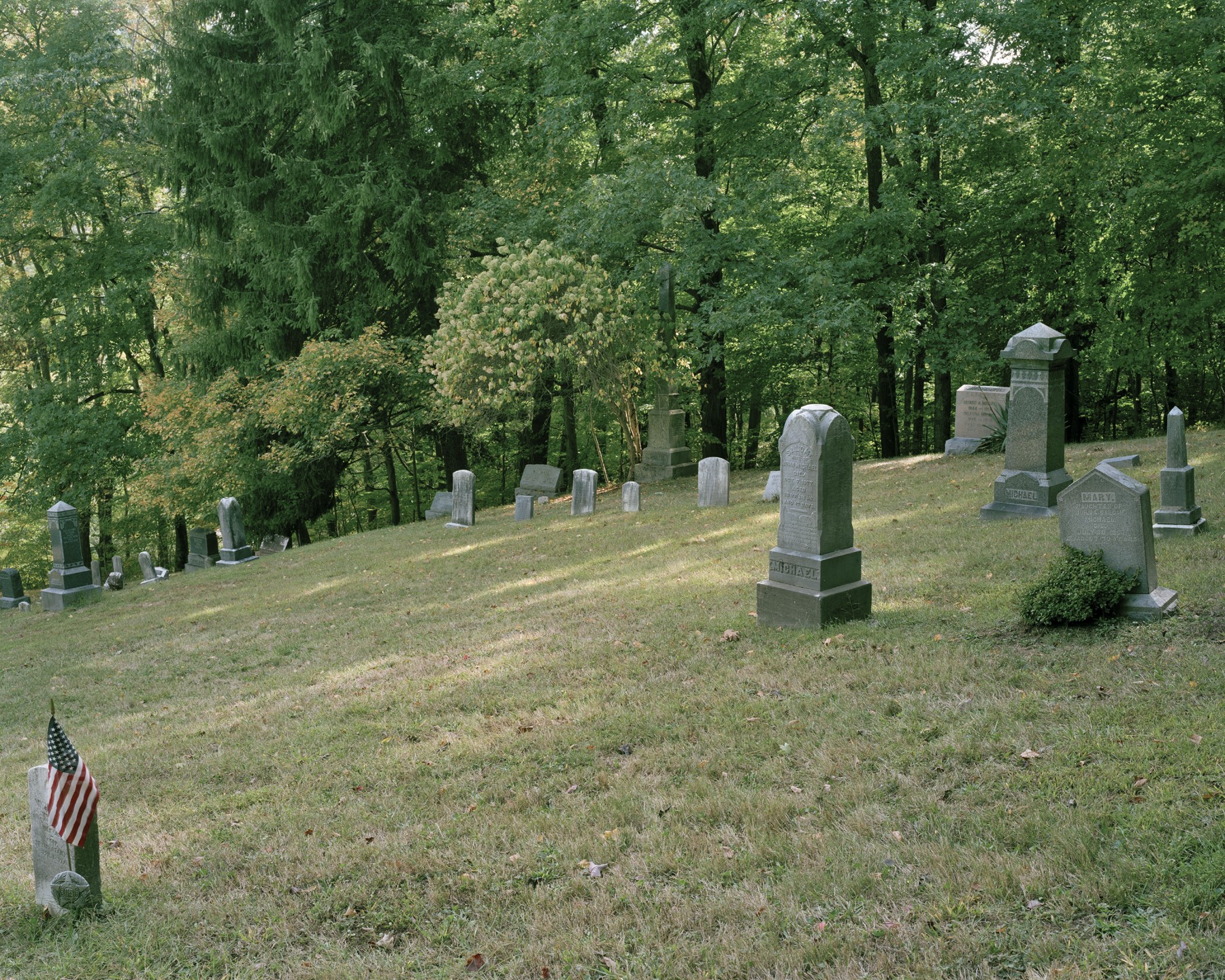Human Toll
Placing the human toll on the cost-benefit balance sheet?
While it could be argued that the winding road of politics, court cases, resident resistance, and social movements ultimately created a significant public good that serves millions of people, the Delaware Water Gap eminent domain process has had both a visible and more hidden lasting impact on former residents. In her extensive studies of individuals and families displaced by urban renewal, Columbia University psychiatrist Mindy Fullilove talks of the “root shock” of being involuntarily displaced from one’s home and community. She argues that it is not just a matter of losing your home. She found that the disappearance of one’s surroundings—the loss of buildings, the loss of the community as you remembered it—has tangible negative psychological effects.[1] This same “root shock” is apparent in the comments of former residents of the Minisink Valley. As Pete Pappallardo puts it “I have been a refugee ever since in my mind.”
Two known suicides were a direct result of the initial displacement caused by the eminent domain procedures.[2] Many residents report past and persistent mental distress, physical health problems, and the ways the eminent domain proceedings undermined their family stability for decades to come. Hedda Matheson reflects:
"My mother had a strong sense of roots and I think that she never really recovered from those two big losses (the loss of her house and the death of her husband). I think it affected her. I think there was a part of her that never really recovered and I think it shortened her life."

Pete Pappallardo talks about his distant sense of loss:
"Still I can drive through the valley, and there’s no houses there of course, but I know where all of the houses were. It’s pleasant, although I have to be in the right mindset to really enjoy it though. I always feel my father’s spirit kind of floating around when I drive by the old driveway."

© Richard Wasserman, 2010
[1] Mindy Fullilove. Root Shock: How Tearing Up City Neighborhoods Hurts America. And What We Can Do About It. New York: One World/Ballantine, 2005.
[2] Pierce, 2001a.

